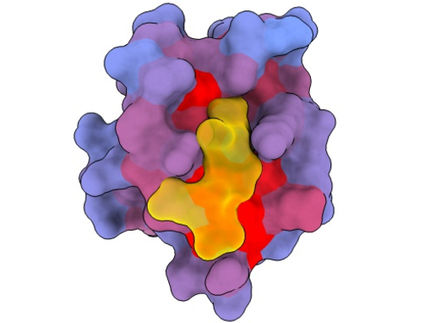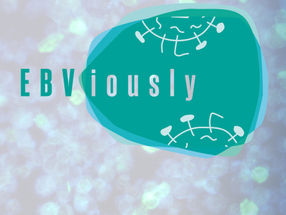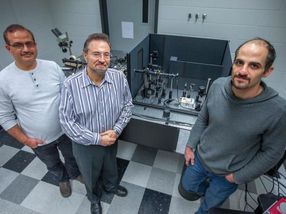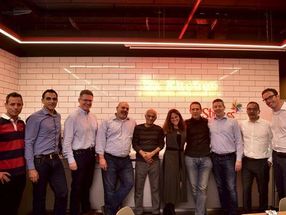Horizon Discovery Announces Collaboration with the National Cancer Institute and the National Human Genome Research Institute
Horizon’s rAAV gene targeting to be applied in cancer research programs, enabling the NCI and NHGRI to engineer human isogenic disease models
Horizon Discovery announced it has entered into a three year Technology Access Agreement with the National cancer Institute (NCI) and the National Human Genome Research Institute (NHGRI), both divisions of the National Institutes of Health. The focus of the agreement is to enable the NCI and NHGRI to apply Horizon’s rAAV gene editing technology (GENESIS™) to engineer human isogenic disease models for its researchers. The project aims to generate 10’s of new X-MAN™ (gene X- Mutant and Normal) cell lines annually, to advance both basic research and translational medicine. The initial set of 18 projects from 8 laboratories will focus on developing disease models for melanoma, prostate, colon and kidney cancer, genes involved with chromatin and chromosome function, and cell lines complementary to existing mouse cancer disease models.
The new human isogenic disease models generated under the agreement may have utility for future cancer studies. This agreement forms part of Horizon’s strategy to foster development of at least 2500 new X-MAN models of cancer, neurodegenerative & cardiovascular disease. These models will support drug discovery researchers in understanding how complex genetic diseases manifest themselves in patients, and reduce the cost of bringing to market new personalized therapies by helping to streamline many aspects of drug development.
As part of the agreement, the NCI will serve as a Center of Excellence in gene editing, with a core research group to provide disease models for the 256 investigators at the NCI. Horizon will also work directly with the NHGRI to develop isogenic disease models for melanoma. This will advance the application of rAAV gene-editing, further extending the range of applications within the GENESIS Gene Editing Consortium. In December 2010, Horizon announced that it will commit resources to provide training and open access to its proprietary gene-editing platform to another 50 academic and not-for-profit research groups over the next five years.
No financial details are to be disclosed.
Most read news
Organizations
Other news from the department science

Get the life science industry in your inbox
By submitting this form you agree that LUMITOS AG will send you the newsletter(s) selected above by email. Your data will not be passed on to third parties. Your data will be stored and processed in accordance with our data protection regulations. LUMITOS may contact you by email for the purpose of advertising or market and opinion surveys. You can revoke your consent at any time without giving reasons to LUMITOS AG, Ernst-Augustin-Str. 2, 12489 Berlin, Germany or by e-mail at revoke@lumitos.com with effect for the future. In addition, each email contains a link to unsubscribe from the corresponding newsletter.






















































